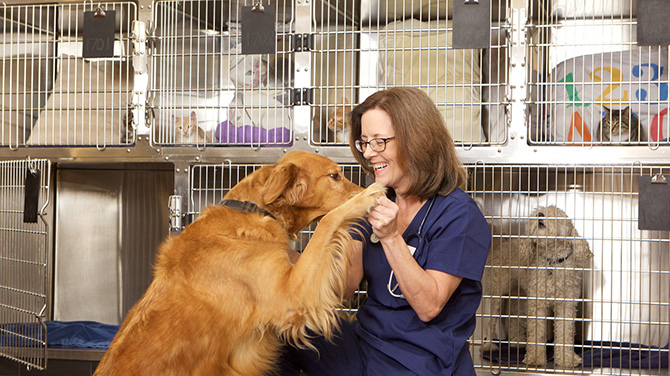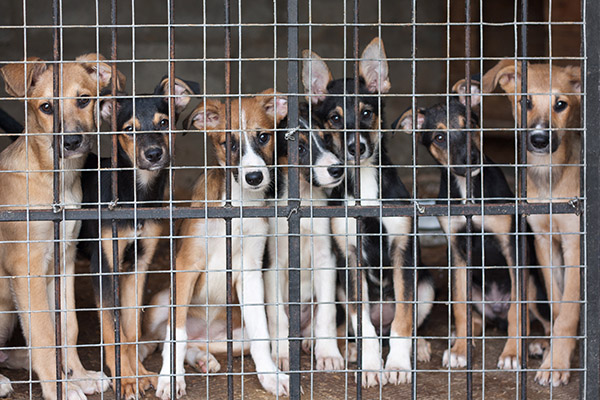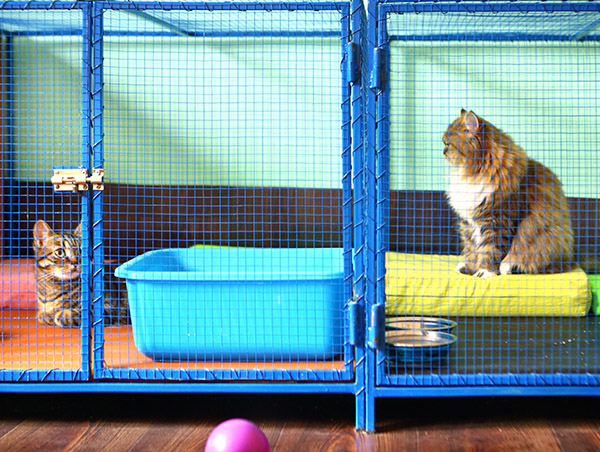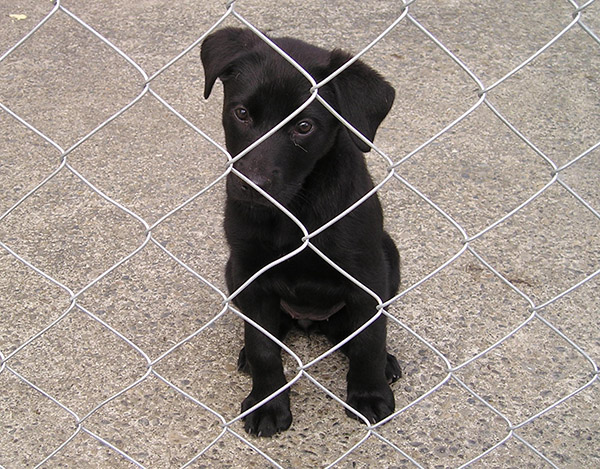
Kennels are excellent places to provide shelter for dogs and other animals, especially for anyone who’s going to be away from home for an extended period of time and can’t bring their pets with them. At the same time, however, poorly cleaned and maintained kennels can end up doing more harm than good, especially because they can become a breeding ground for bacteria and disease.
A clean kennel, meanwhile, leads to happy dogs and even happier dog owners. There are ways to keep your kennel clean of course, provided you use the right kennel cleaning supplies — and provided you understand the unique challenges kennels face. Here’s what you need to know about how kennel cleaning is crucial to the health of your animal clients.
What Happens in Kennels?

Kennel owners and operators love their furry clients and lavish them with care and attention. You wouldn’t get into such a line of work if you weren’t dedicated to providing excellent care and attention to dogs and other animals, after all! That being said, kennels require dogs to be in close proximity to each other for extended periods of time. As a result, bacteria and diseases can spread very quickly and easily through an entire kennel if you’re not extremely vigilant with cleaning and disinfecting.
What Are the Most Common Bacteria and Diseases Found in Kennels?
There are literally dozens of infections that a dog can pick up in a poorly disinfected kennel. One of the most common is kennel cough, which can be caused by the Bordetella bacteria, the canine parainfluenza virus, or canine adenovirus 2 (CAV-2). Kennel cough can be highly contagious, easily capable of infecting an entire kennel if it’s not kept clean and disinfected. Other common infections include parvo, caused by the canine parvovirus, which can also spread like wildfire through a kennel.
How Often Should a Kennel be Cleaned?

Kennels need to be kept clean almost constantly. This means that a daily clean is absolutely necessary where you sweep and clean out any dirt, check and remove any soiled bedding, spot clean accidents, and wash and sanitize food and water dishes. You also need to do a deep clean weekly at the minimum, sanitizing the entire kennel, including toys and bedding. The busier your kennel is, the more often you need to do such a deep clean.
What Are the Best Supplies for Cleaning Kennels?
If you’re dedicated to keeping your kennels as clean as possible (and your clients as healthy as they can be), then you need to use cleaning supplies that do two things. First, they need to be powerful enough to eliminate viruses and bacteria that lead to the most common kennel-related infections like parvo and kennel cough. Second, they also need to be safe for use around dogs and other animals.
The Last Word on Keeping Kennels Clean

Kennels can be excellent places to leave a beloved family pet for a short stay, but only if pet owners know that it’s a clean and safe place. This means that if you want your kennel facility to be successful, you need to devote time and resources into maintaining your kennel regularly to keep it clean and sanitized.